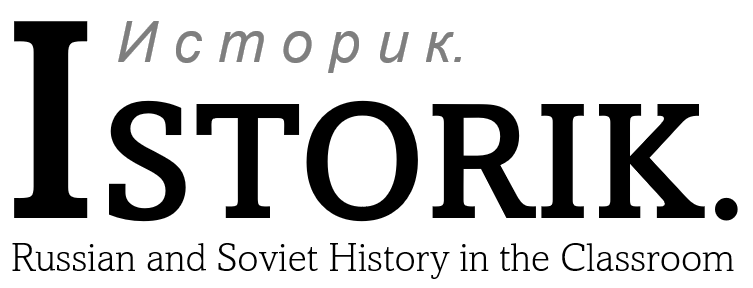In my previous post, I made the case for a more
dynamic understanding of historical continuity. Having tried to illustrate what
this might look like in practice, I now want to turn to one story in
particular. That story is told in Willard Sunderland’s The Baron’s Cloak.
This brilliant book details the extraordinary and troubling
life of Baron Roman Feodorovich von Ungern-Sternberg, an eccentric
mystic, reactionary nationalist, and ruthlessly violent Russian nobleman of
Germanic origins. It follows Ungern’s life, from his birth in Graz to his
family’s settling in Estland (modern-day Estonia) via Georgia, through his
stuttering induction into the Russian army before the Great War to his career
as a military commander in the anti-Bolshevik White movement during the Russian
Civil War.
The book can be read in a several different ways: as a
riveting story in its own right, as a tale of competing nationalism and
radicalisms, as an exploration of huge upheaval and change. In Sunderland’s own
words, it is “a study of the Russian Empire told through Ungern’s life” (p. 5),
especially in its final years, as it collapsed and was then (partially)
reconstituted by a new Soviet state.
However, reading this book, I found it to provide a highly
stimulating narrative of dynamic historical continuity.
Here, using several short excerpts, I’ll retell key parts of
the narrative in order to draw out some of the examples of continuity it seems
to reveal. As I go, I’ll return to the diagrams of historical “paths” which I
provided in my previous post, illustrating how I think the excerpts
illustrate these.






